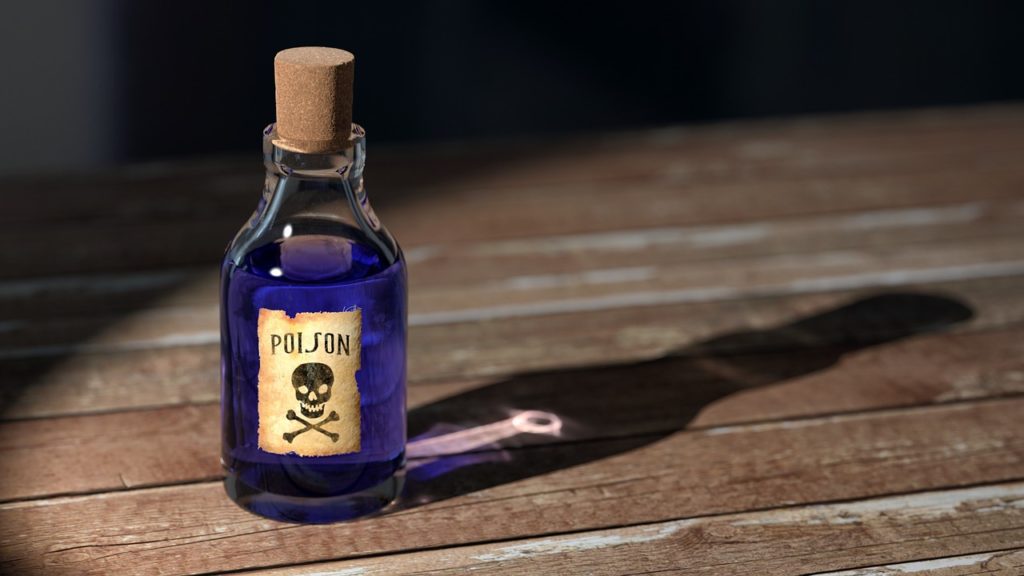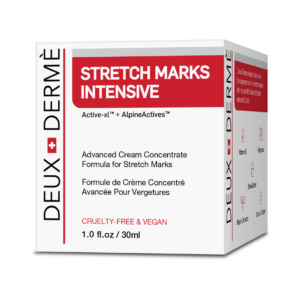Being pregnant is beautiful. People look at you everywhere you go; they can’t help but smile when they see you. Everyone talks about how you’re glowing. Everyone wants to touch you—even if you don’t want to be touched—and they’re all very willing to help you out by opening doors and carrying groceries.
Once your baby is born, however, things change instantly. You’re no longer pregnant, and it’s not obvious to strangers on the street that you just gave birth. Your baby bump is gone, but your baby weight, stretch marks, and scars linger. You have deep dark circles from not sleeping, and there’s a good chance that you’re walking around the store with a spit up stain on your shirt and you don’t even know it.
It’s difficult to feel beautiful after your baby is born. Not only has the way people treat you changed dramatically, but your body has transformed into something you don’t recognize. If you’re struggling with self confidence in your postpartum world, consider these tips for feeling beautiful again.
Be Patient
If this was your first child, you may have thought that once your baby was born your body would morph back into its pre-pregnancy shape. Of course, that is never the case. It will take time to get back to normal. You’ll lose the baby weight once you and your child are sleeping more regularly and you have time to exercise. Your scars and stretch marks will fade. You can even buy a stretch mark removal cream to expedite the fading of your stretch marks if you’re feeling very impatient.
Do the Things You Want to Do
It’s easy to feel like your life is totally out of your control after your baby is born. Babies require almost all of your attention; when you’re not holding your baby or feeding him, you’re pumping your breasts or just hoping he’ll fall asleep so you can take a much needed shower.
To feel in control of your life, you need to do the things you enjoyed doing before your baby was born. If you want to go swimming, go swimming without being ashamed of your body. Buy an adorable bathing suit or bathing suit cover and take your new baby out to the pool. Stop wearing your maternity clothes. Buy a new outfit to wear out on a date with your partner and call on your friends and family to keep your baby for a night so you can have some time to be you.
Be Proud
You brought a life into this world. You nurtured it with your own body for nine months and were torn apart giving birth. When you feel ashamed of your body, remind yourself of how amazing you are. Remind yourself of how beautiful new life is. And know that you’re not alone—every other woman in the world who has ever given birth dealt with the same issues. Talk to other mothers in your circle of friends about the things you’re feeling self-conscious about. Sometimes knowing you’re not alone can be a relief, and your friends may even have good advice of their own.


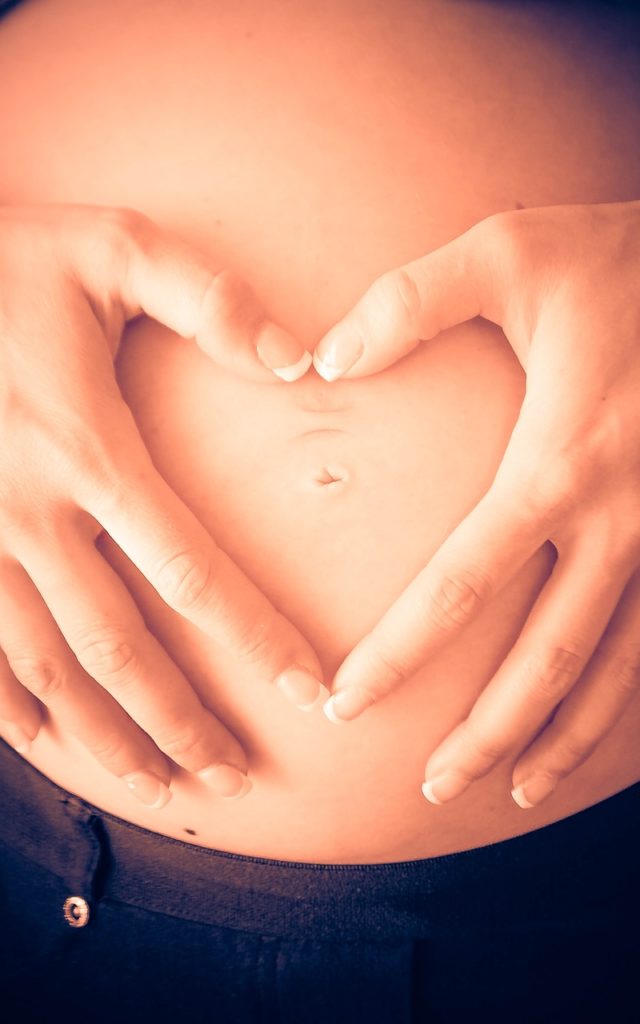
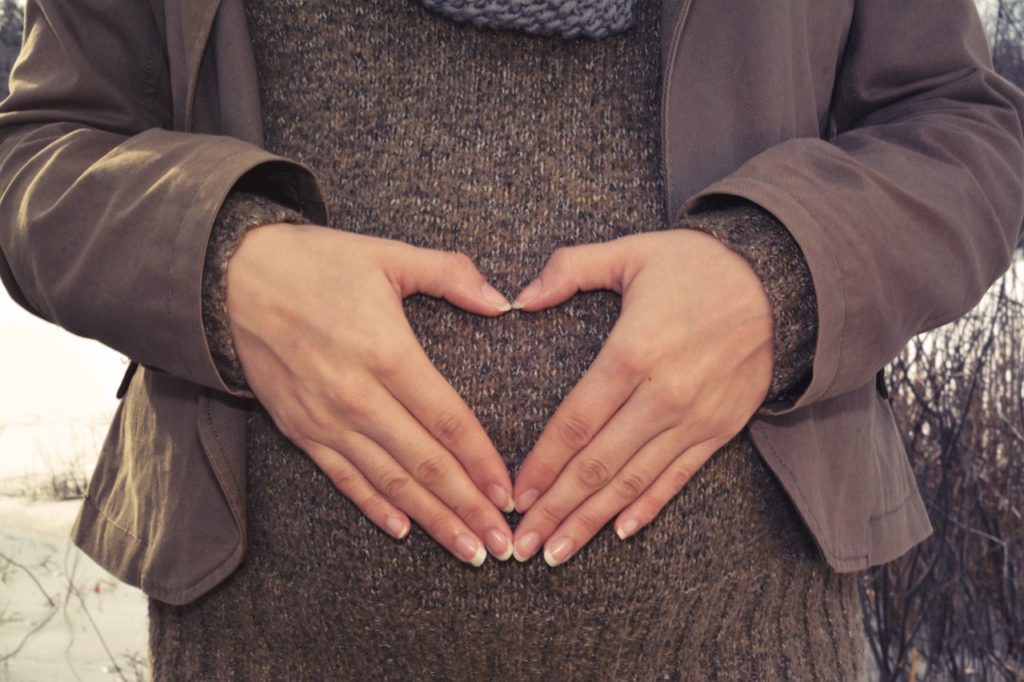
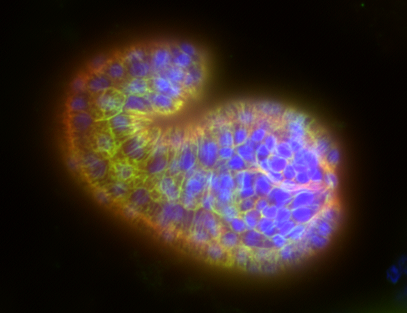
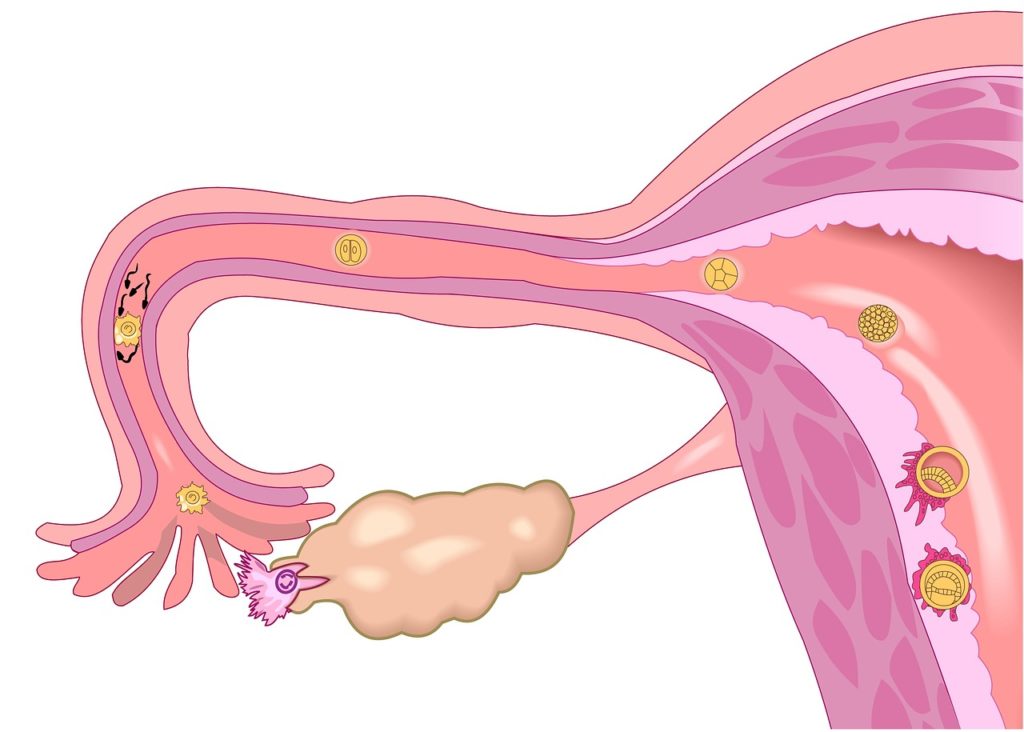

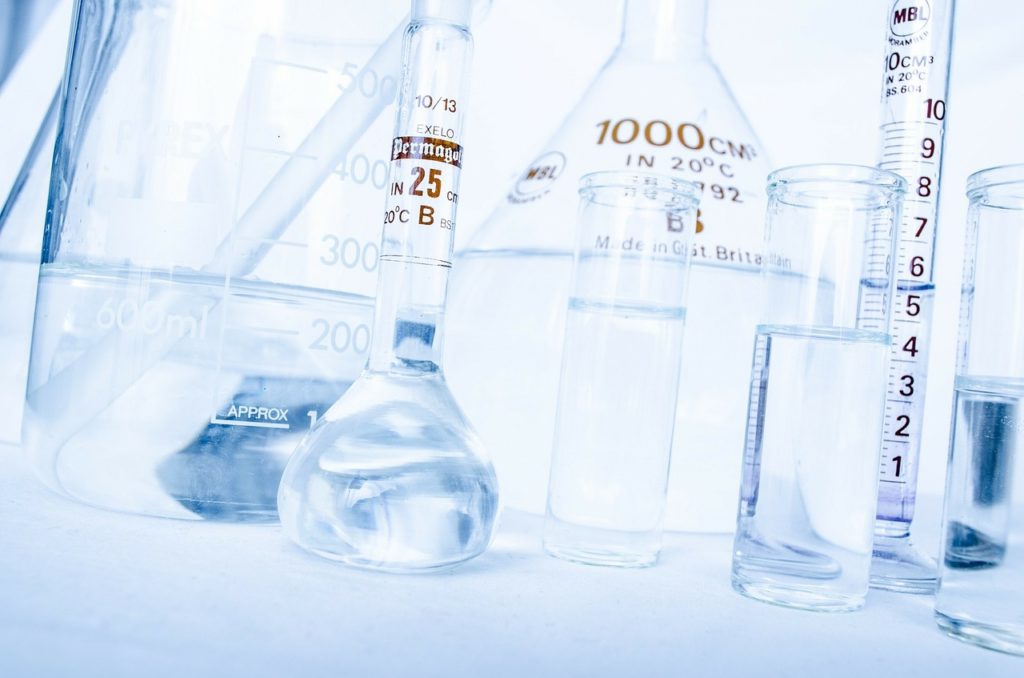
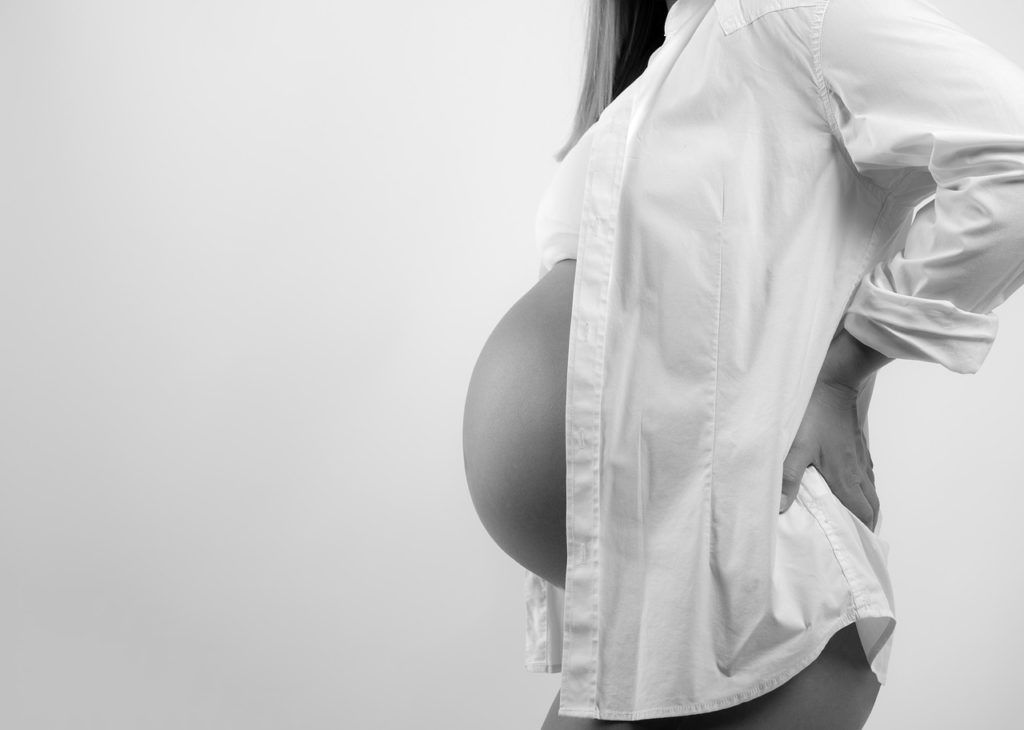

 Beatrix Kiddo
Beatrix Kiddo
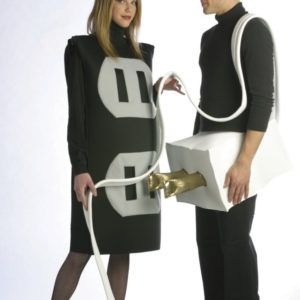 Plug and Socket
Plug and Socket
 Orange Is the New Black
Orange Is the New Black